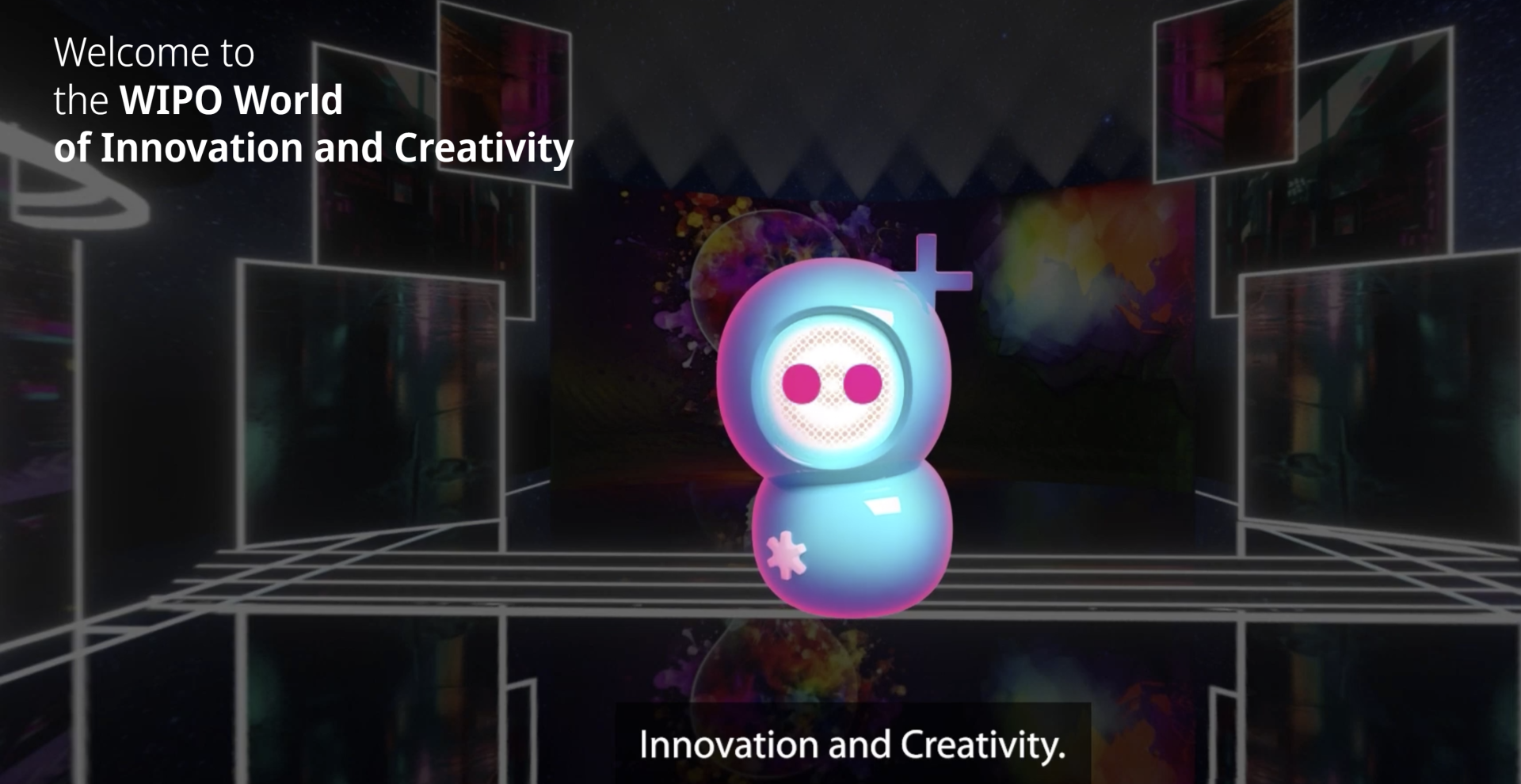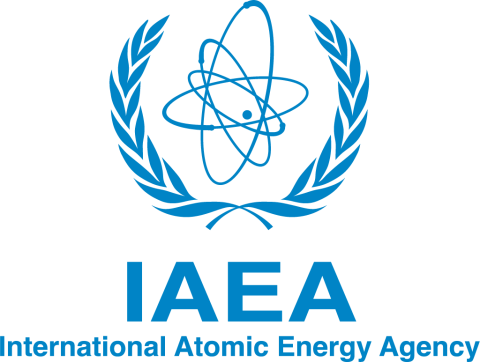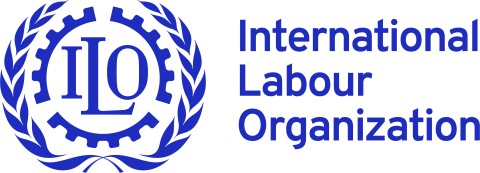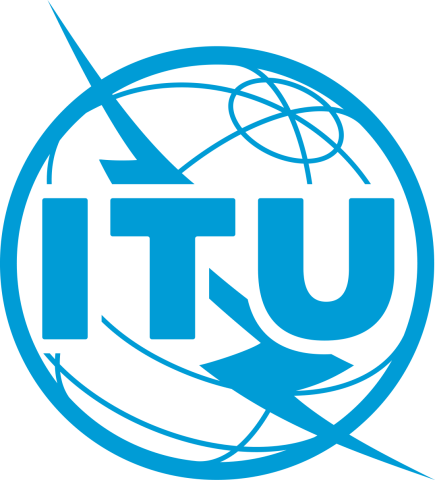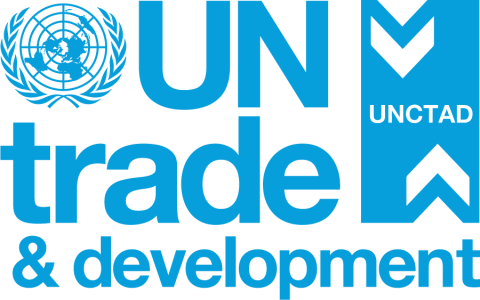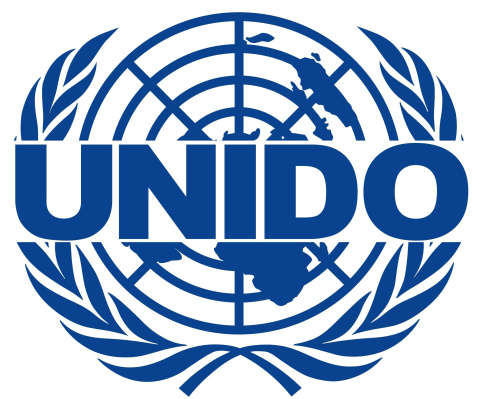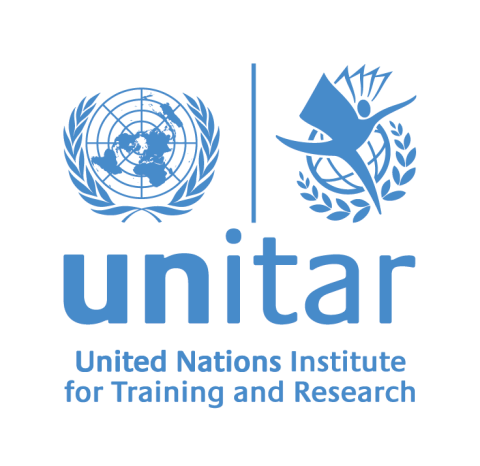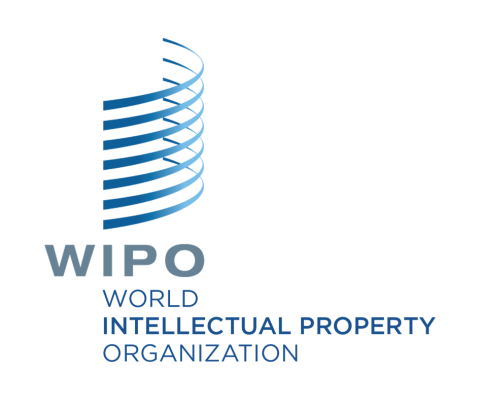
Breadcrumb
Setting global standards and regulations for emerging technologies
The International Telecommunications Union (ITU), being not only the oldest entity in today’s UN System, but also the agency responsible for digital technologies, sets standards and provides recommendations that regulate global networks. For example, the country codes, dialed for all international phone calls, are an ITU standard. More recent examples include the transmission of high quality videos in 4k or 8k definition, or a recommendation published about features of optical fibre submarine cable systems. The recommendations may touch technical features and compatibility questions, security as well as sustainability requirements of the technologies used.
Making new technologies accessible for all and connecting the world
One of ITU’s goals is to improve access to digital technologies for communities that are not yet connected. Year after year, the connectivity levels rise with regard to mobile phone ownership, broadband coverage, or internet users, giving more people access to information or global markets. Still, there are stark discrepancies between men and women, urban and rural populations as well as high- and low-income countries, as the ITU data for 2024 shows:
68% of individuals worldwide use the internet
(93% in high income countries vs. 27% in low income countries)
80% of individuals worldwide own a phone
(96% in high income countries vs. 56% in low income countries)
51% of individuals worldwide are covered by 5G mobile networks
(84% in high income countries vs. 4% in low income countries)
Different UN entities work on improving global access to newer technologies, believing that this contributes to development – for example through improved education, access to global markets, or even to financial systems.
Example: Giga Initiative
ITU, together with the UN’s children’s organization UNICEF, started the GIGA-initiative with a very ambitious goal: connecting every school in the world to the internet by 2030. In a first step, Giga maps all schools, their access to the internet and quality of connection. Thereafter, the project works with governments to work out a financing model and the technical details for a universal connection of the schools.
Since its launch in 2019, 2.1 million schools have been mapped. 14,500 schools already received assistance to improve their connectivity, resulting in 7.79 million children having better access to the internet.
Using technologies to advance the UN’s goals
As technologies change, so do societies: workplaces, schools, libraries, restaurants or hospitals use new means to improve their work modalities. The UN, too, follows innovation in any fields closely, always gauging if and how new technologies can help the Organization better deliver their services. Its connection to academia through the UN Academic Impact initiative allows the UN to use latest research results for its practical implementation.
Adaptations can be simple, but they have an undeniable impact. For example, the Human Rights Council voted in 2024 to offer remote, online participation modalities for all its meetings. As a consequence, smaller States without a representation in Geneva, and even NGOs from all corners of the world, who would not have the budget to send over a participant, are able to follow and contribute to the meetings. This results in greater diversity of the voices heard at the Council.
New technologies are also being used to improve the services UN entities provide to communities directly. The ITU-lead AI for Good initiative, for example, identifies especially AI applications that can be used to support the achievement of the Sustainable Development Goals.
Technologies in humanitarian assistance
Using technologies in humanitarian aid can save lives: in predicting disaster events and in rendering assistance whenever disasters happen. The World Meteorological Organization uses earth observation satellites and numerical models to assess the state of the earth and to forecast extreme weather events. Monitoring and forecasting are one of the pillars of the UN’s Early Warnings for All initiative, aimed at reducing the number of victims and loss of goods during natural disasters. Another pillar is the dissemination of these information to people in potential danger. This can now be achieved because telecommunications coverage has improved. WMO and ITU work hand in hand to disseminate weather information to all persons in affected areas.
Disaster response is also increasingly relying on technologies. E.g., drones can deliver goods and medicines to persons in hard-to-reach areas, and robots can now be used to rescue humans from areas that are too dangerous for rescue workers to access.
Protecting innovations and innovators
The UN not only applies new inventions and ideas, but it protects those who created them. The Geneva-based World Intellectual Property Organization registers ideas and creations, brands and designs, thus protecting them from theft or illegal copying by competitors. Even traditional knowledge and culture of indigenous people can be protected under the international intellectual property system.
On top of being the reference for existing intellectual property registrations, WIPO’s role is that of a forum for States to develop these intellectual property policies, to have the cross-border oversight and resolve disputes when necessary. Moreover, the organization trains individuals, groups or businesses on how to best protect their innovation or company. Painters, musicians, crafts people, medical staff, or chefs: they all innovate, but they don’t always know how to protect their innovations. That’s why the organization offers capacity building programmes to a global audience, including universities and schools – to foster innovation and creativity at any age.
Intellectual property in numbers
In 2023, applicants submitted a record-breaking 3.55 million patent applications to protect their inventions. 11.6 million trademark applications and 1.19 million industrial designs were filed.
Global governance
Digital technologies are dramatically transforming our world. They offer immense potential benefits for the well-being and advancement of people and societies and for our planet. They hold out the promise of accelerating the achievement of the Sustainable Development Goals.
The above statement is the first paragraph of the Global Digital Compact, an agreement negotiated by all 193 Member States in September 2024 to set global goals and rules for the digital space. The United Nation aim for an “inclusive, open, sustainable, fair, safe and secure digital future for all”, as stated in the Global Digital Compact. A Prerequisite for this is that the global community agrees on a common set of values in the field of technology.
To achieve this, the UN has invited the global community to join the compact – NGOs or associations, academia and government institutions can contribute to making digital technologies accessible and beneficial for everyone.
Following the adoption of the Global Digital Compact, an Office for Digital and Emerging Technologies has been created inside the UN Secretariat to further the implementation of the compact. This underlines the importance of the topic for the UN and its Members.
The Compact's five objectives
- Close all digital divides and accelerate progress across the Sustainable Development Goals
- Expand inclusion in and benefits from the digital economy for all
- Foster an inclusive, open, safe and secure digital space that respects, protects and promote human rights
- Advance responsible, equitable and interoperable data governance approaches
- Enhance international governance of artificial intelligence for the benefit of humanity
Protecting children online
A group in need for special protection in the digital space are children and young people. ITU has developed Child Online Protection Guidelines which include suggestions for national and industry policies to protect children.
The guidelines also include training programmes for children of different ages, as well as information for parents and teachers. Equipped with the knowledge about the opportunities and dangers of digital media, and with sources to ask for help, they are empowered to use the web without falling victim easily.
UN Organizations working on innovation and technology
The IAEA is the world's center of cooperation in the nuclear field. It was set up as the world's "Atoms for Peace" organization in 1957 within the United Nations family. The Agency works with its Member States and multiple partners worldwide to promote safe, secure and peaceful nuclear technologies.
The International Telecommunication Union (ITU) is the specialized United Nations agency for digital technology, driving innovation in information and communications technologies together with 194 Member States and a membership of over 1,000 companies, universities, and international and regional [...]
UN Trade and Development (UNCTAD) is the UN’s leading institution dealing with trade and development. It is a permanent intergovernmental body established by the United Nations General Assembly in 1964. UNCTAD supports developing countries to access the benefits of a globalized economy more fairly [...]
The UN Office for Disaster Risk Reduction (UNDRR) works towards the substantial reduction of disaster risk and losses to ensure a sustainable future. UNDRR (formerly known as UNISDR) is the focal point of the United Nations system for disaster risk reduction and the custodian of the Sendai Framework [...]
The UNESCO Geneva Liaison Office (GLO) was established in 1979 in order to liaise UNESCO with the United Nations Office at Geneva (UNOG), the UN Specialized Agencies based here (e.g. WHO, ILO, ITU, WIPO and WMO), the UN programmes, funds and organizations (e.g. OHCHR, UNHCHR, UNAIDS, UNCTAD, etc.).
A [...]
As a dedicated training arm of the United Nations system, the United Nations Institute for Training and Research (UNITAR) provides innovative learning solutions to individuals, organizations and institutions to enhance global decision-making and support country-level action for shaping a better [...]
UNOPS helps the UN and its partners provide peace and security, humanitarian and development solutions. Their mission is to help people build better lives and countries achieve peace and sustainable development.
They are focused on implementation, committed to UN values and private sector [...]
The World Intellectual Property Organization (WIPO) is a specialized agency of the United Nations. It is dedicated to developing a balanced and accessible international intellectual property (IP) system, which rewards creativity, stimulates innovation and contributes to economic development while [...]

